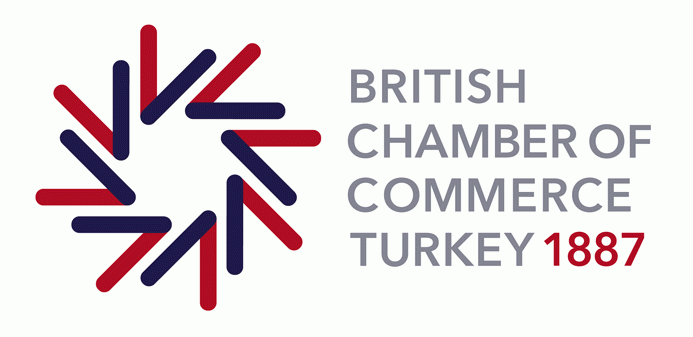Middle East countries could return to 'relative normality' in second half of 2021
29 March 2021
However, governments must still continue to work on increasing non-oil revenues.
Countries in the Middle East region are expected to return to “relative normality” in the second half of 2021, thanks to the massive rollout of coronavirus vaccines, according to a new report compiled by Oxford Economics.
The report, commissioned by the Institute of Chartered Accountants in England and Wales (ICAEW), said the distribution of vaccines may have been uneven, but it has progressed particularly well in the region, particularly in the UAE and Bahrain.
Overall, the report said, the GCC’s gross domestic product (GDP) will grow by 1.4 percent in 2021, after an estimated 5.4 percent contraction in 2020. Expectations of strengthening activity, as well as rising demand, have also lifted overall sentiment, pushing oil prices up to $66 per barrel in late February.
“In the first quarter of 2020, the COVID-19 pandemic brought Middle East economies to a temporary standstill. Today, we are encouraged by the steps regional governments are undergoing to bring back normalcy,” said Scott Livermore, economic advisor of ICAEW and chief economist at Oxford Economics.
The UAE has so far administered more than 7.6 million vaccines, surpassing its earlier target to vaccinate half of its population by end of March. The global vaccine rollout, considered to be the biggest in history, is seen as a gamechanger for economies worldwide.
However, in order to boost economic recovery, governments must still act to develop other sectors and industries, to increase non-oil revenues.
“While COVID-19 vaccine rollouts are underway, Middle Eastern governments must continue to develop sectors and industries that generate net value for the economy. Increasing non-oil revenues is a challenging task in these times so innovation will be vital to the region’s economic recovery,” said Michael Armstrong, ICAEW regional director for the Middle East, Africa and South Asia.
More pressure
Livermore said the continued uncertainty in the global market puts more pressure on the oil-reliant economies to increase their non-oil revenues.
“Governments must remain proactive and continue to support their economies with pro-growth initiatives to bounce back quickly,” he said.
There are also many other challenges confronting the rest of the region and these include oil production cuts, periodic virus-related lockdowns and, in Iran’s case, US sanctions, the report said.
“In Lebanon, the stalled cabinet formation and worrying health situation continue to take a toll on the economy amid the ongoing financial crisis,” the report said.
With no reforms to spur a recovery and with demand persistently depressed, the report predicts that Lebanese GDP will fall by 5.3 percent in 2021, following an estimated 25 percent fall last year.
Kindly supplied by Zawya
Follow Chamber International on Twitter @ChamberInt and on Facebook for the latest in international trade.




